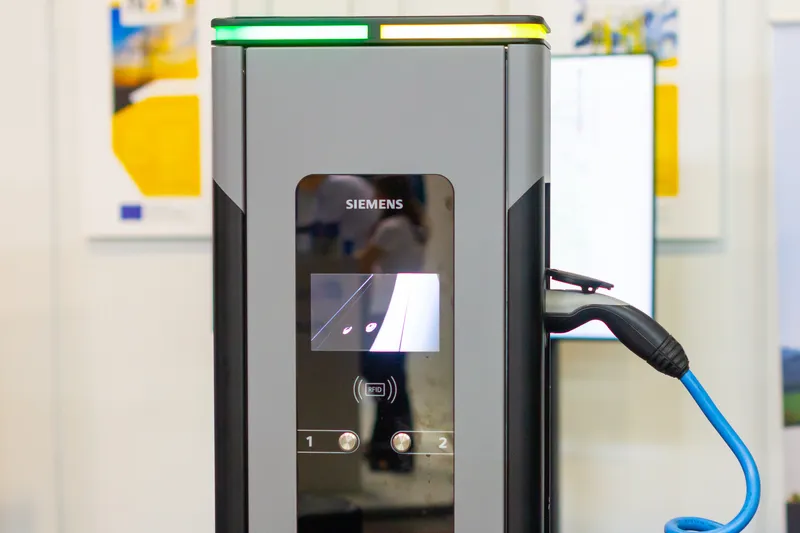Brisbane-based company, Tritium, has been awarded a prestigious 2014 Good Design Australia Award in the Automotive and Transport category for its Veefil Electric Vehicle (EV) fast charger, berating off strong competition from products such as the Audi A3 sedan and the new Melbourne e-class tram. Veefil, launched in May 2013, is the result of ten years of technological development and is the first liquid-cooled charger in the international EV fast charger sector – which means it can withstand extreme weather
June 2, 2014
Read time: 2 mins
Brisbane-based company, 7335 Tritium, has been awarded a prestigious 2014 Good Design Australia Award in the Automotive and Transport category for its Veefil Electric Vehicle (EV) fast charger, berating off strong competition from products such as the Audi A3 sedan and the new Melbourne e-class tram.
Veefil, launched in May 2013, is the result of ten years of technological development and is the First liquid-cooled charger in the international EV fast charger sector – which means it can withstand extreme weather conditions and be used in almost any location on the globe.
The slimline, self-contained design also has the smallest footprint of any similar product and this, combined with its weight - three times lighter than other fast chargers – gives it a unique market advantage, enabling it to be installed in many more locations than other chargers.
“Our intention in developing Veefil was to produce not only the most technologically-advanced fast charger for the EV market, but one that was easy to install, easy to use and easy to own, “explains Tritium managing director, David Finn. “The size, design and visual appearance of the unit was an important aspect of the product’s development and I am delighted this was recognised by the judging panel, in what was an extremely competitive award.”
Veefil, launched in May 2013, is the result of ten years of technological development and is the First liquid-cooled charger in the international EV fast charger sector – which means it can withstand extreme weather conditions and be used in almost any location on the globe.
The slimline, self-contained design also has the smallest footprint of any similar product and this, combined with its weight - three times lighter than other fast chargers – gives it a unique market advantage, enabling it to be installed in many more locations than other chargers.
“Our intention in developing Veefil was to produce not only the most technologically-advanced fast charger for the EV market, but one that was easy to install, easy to use and easy to own, “explains Tritium managing director, David Finn. “The size, design and visual appearance of the unit was an important aspect of the product’s development and I am delighted this was recognised by the judging panel, in what was an extremely competitive award.”










